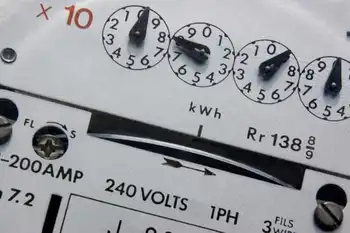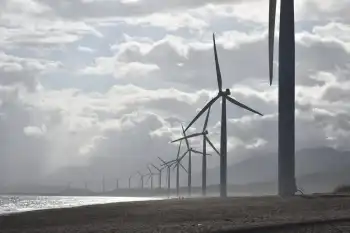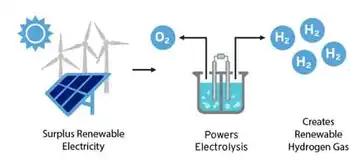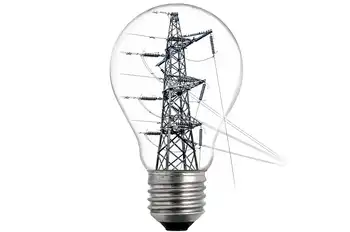National Interest Transmission Corridor Designations stay: DOE
By Electricity Forum
NFPA 70e Training - Arc Flash
Our customized live online or in‑person group training can be delivered to your staff at your location.

- Live Online
- 6 hours Instructor-led
- Group Training Available
The designation of national corridors was made in accordance with the Energy Policy Act of 2005 (EPAct).
In affirming the National Corridor designations, DOE dismissed as being without merit challenges raised by the applicants for rehearing, citing extensive data analysis conducted in its 2006 National Interest Electric Transmission study, ample opportunity for public review and comment, and several other key reasons.
DOE reviewed the specific issues raised by applicants for rehearing and cited reasons for denying the requests in an Order sent to the Federal Register. DOE noted that the findings of congestion in the designated areas are well-founded and based on data and studies as required by statute, and were based on analysis demonstrating that persistent transmission congestion that adversely affects consumers exists in these two areas. DOE also highlighted that its approach to defining the geographic boundaries of the affected areas is consistent with the statutory requirements.
The corridor designation process provided all interested parties with fair and ample opportunities to provide input and comments, including a 60-day public comment period and over 60 hours of public meetings across the country. Additionally, after issuing the draft National Corridors in April 2007, DOE consulted extensively with State officials and local agencies, regional entities, and the public.
In addition, while DOE encourages diversification of our nationÂ’s energy sources, DOE is not required by statute to analyze non-transmission alternatives for relief of congestion prior to issuing a National Corridor designation.
Finally, Federal statutes such as the National Environmental Policy Act, the Endangered Species Act, and the National Historic Preservation Act are not applicable to DOEÂ’s designation of national corridors. Rather, reviews under these statutes would be conducted by the Federal Energy Regulatory Commission before Federal approval could be granted under the Federal Power Act for the construction of a transmission project.











